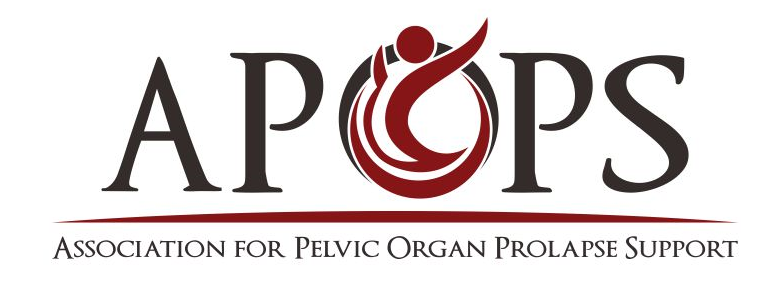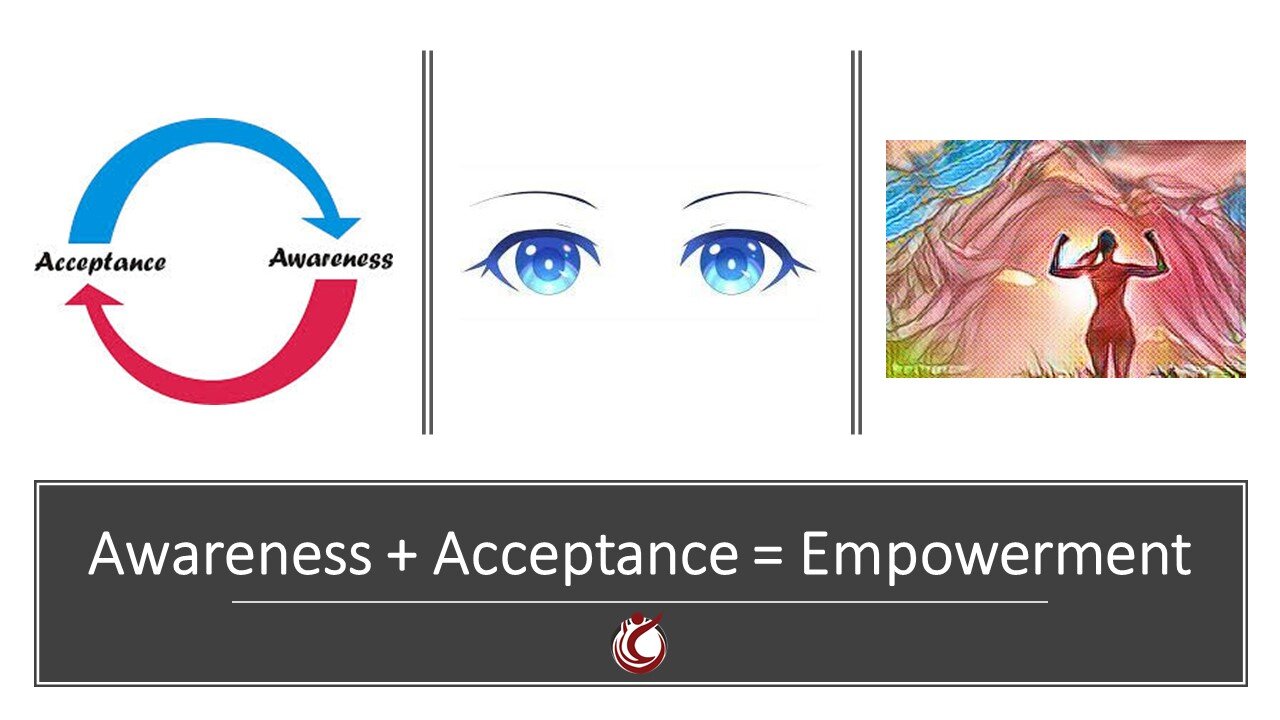We are different; we are the same. While every woman must travel her own unique pelvic organ prolapse journey, the range of emotions we go through individually is as distinct as the color of our eyes. At some point in time most POP sisters experience a relatively similar ride through a range of emotions. The most difficult emotion to balance regarding pelvic organ prolapse is acceptance.
Women make themselves crazy with an endless list of questions. How did POP happen? Why is POP happening to me? Did I do something to cause POP? Why wasn’t I warned about POP ahead of the curve? What should I do to fix my POP? Will my POP ever be cured? Can others tell I have POP? The destructive self-doubt keeps women up at night and haunts their days, especially immediately following diagnosis, because most women have no awareness of the condition prior to that point.
It is imperative we "see" ourselves. I’m not talking get the mirror out and look at your vagina (although that is a good preliminary self-diagnostic tool for women early in the learning curve). I don't mean analyze what degree of POP impact you are experiencing on any given day. I’m talking about look deep inside; what do we really need to be happy, to be whole? Is having a perfect body a necessity? Not even close….
When going through the bazillion emotions women experience when diagnosed with POP, it is helpful to share anxiety and fear but also hope with other women experiencing this extremely common but rarely openly acknowledged female health condition. Women newly diagnosed, women prepping for surgery, women in the post-surgical heal curve, women who have no interest in surgery all have anxiety and doubts. It is all part of the learning curve, figuring out what tools work best for each of our unique bodies. The bravery of letting ourselves be seen and connecting with other women experiencing POP shores up our vulnerability.
Positive emotions influence the way we feel as well as the way we think. Are women upset to be diagnosed with a condition that has considerable physical, emotional, social, sexual, fitness, and employment quality of life impact? Absolutely. Should we allow ourselves to experience all emotions? Without a doubt. But should we let POP define us? Never.
Pelvic organ prolapse is a bump in the road - certainly a significant bump, but one that can be overcome with the strength and determination that defines most women today. We must recognize and celebrate everything bright and beautiful about ourselves with the simplicity we embrace as young children. Acceptance leads to healing.
Sherrie Palm is the Founder/CEO of APOPS, Association for Pelvic Organ Prolapse Support, author of 3 editions of the award-winning book Pelvic Organ Prolapse: The Silent Epidemic, a pelvic organ prolapse patient advocate, vaginal and intimate health activist, internationally recognized speaker, POP key opinion leader, and prolific writer regarding POP physical, emotional, social, sexual, fitness, and employment quality of life impact.


